Weight Loss
Get valuable insights into Weight Loss, including its causes, symptoms, prevention strategies, and treatment options, while also learning about how you can lower the cost of the medications used to treat Weight Loss.
MEDICAL INFORMATION
Weight Loss Key Facts
Related Medications
In today’s world, where overweight and obesity have become prevalent health concerns, many individuals struggle to find effective methods to manage their weight. While diet and exercise are essential components of weight management, they may not always yield the desired results for everyone. Fortunately, there are prescription weight loss medications available that can be used in conjunction with a healthy lifestyle to help individuals achieve their weight loss goals. In this comprehensive guide, we will explore the various prescription weight loss medications, their benefits, concerns, and how they can be integrated into an effective weight management plan.
Understanding overweight and obesity
Before delving into the details of weight loss medications, it is important to understand what overweight and obesity mean. Health care professionals use the Body Mass Index (BMI) as a measure to define overweight and obesity. Individuals with a BMI between 25 and 30 are considered overweight, while those with a BMI of 30 or greater are classified as obese. Calculating your BMI can provide insights into your weight status and potential health risks associated with it.
The prevalence of overweight and obesity
Obesity has reached alarming levels worldwide, with more than 4 in 10 adults in the United States considered obese. Additionally, nearly 1 in 10 Americans suffer from severe obesity. According to the CDC (The Centers for Disease Control and Prevention), nearly three-quarters of Americans are obese or overweight. These statistics highlight the urgent need to address this issue to find effective solutions for weight management.
How weight management medications work
Weight management medications function in different ways to assist individuals in their weight loss journey. Some medications help to suppress appetite, making individuals feel less hungry or full sooner. Others inhibit the absorption of dietary fats, reducing the number of calories absorbed by the body. These medications are designed to be used in conjunction with lifestyle changes, including a healthy diet and regular physical activity, to maximize their effectiveness.
Identifying candidates for weight management medications
Weight management medications are primarily recommended for individuals with health problems related to overweight or obesity. Health care professionals assess an individual’s BMI, as well as any weight-related health conditions, such as high blood pressure or type 2 diabetes, to determine if weight management medications may be beneficial. However, it is important to note that these medications are not a solution for everyone with a high BMI. Lifestyle programs that focus on behavior change, healthy eating, and physical activity are often the first line of defense for weight management.
Weight management medications for children and teenagers
The U.S. Food and Drug Administration (FDA) has approved certain weight management medications for children aged 12 and older who are diagnosed with obesity. These medications, such as orlistat, liraglutide, phentermine-topiramate, and semaglutide, can be prescribed by health care professionals to assist in weight management for eligible individuals. Additionally, there is an FDA-approved medication, setmelanotide, available for children aged 6 years and older who have specific rare genetic disorders causing obesity.
Weight management medications as a component of a comprehensive approach
Weight management medications are not intended to replace physical activity and healthy eating habits. These medications are most effective when used in conjunction with lifestyle changes. Incorporating a balanced and nutritious diet, regular exercise, and other healthy behaviors into your daily routine will enhance the benefits of weight loss medications.
Benefits of using prescription medications for weight Loss
When combined with lifestyle changes, prescription weight loss medications can lead to significant weight loss. On average, individuals who incorporate these medications into their weight management plans lose 3% to 12% more of their initial body weight compared to those who rely solely on lifestyle changes. Losing 5% to 10% of body weight can provide numerous health benefits, including improved blood pressure, blood sugars, and cholesterol. Additionally, weight loss can alleviate joint pain, reduce the risk of heart disease, and enhance overall well-being.
Considerations and concerns about weight loss medications
While weight loss medications can be effective, it is essential to recognize potential concerns and side effects associated with their use. Experts caution against using these medications solely for cosmetic purposes, as the potential risks may outweigh the benefits. Previous weight management medications have been linked to serious health problems and have been withdrawn from the market. It is crucial to understand the potential side effects and warnings associated with each medication and to consult with a health care professional before initiating treatment.
Choosing the right weight management medication
The selection of a weight management medication should be a collaborative decision between the individual and their health care professional. Several factors should be considered, including potential benefits, possible side effects, current health conditions, medication cost, and family medical history. This personalized approach ensures that the chosen medication aligns with the individual’s specific needs and weight loss goals.
Duration of medication use
The duration of weight management medication use varies depending on the individual’s response to treatment and weight loss goals. In some cases, long-term medication use may be necessary to achieve and maintain weight loss. Obesity is a chronic disease, and the FDA has approved certain weight loss medications for extended use. However, if an individual does not achieve at least a 5% weight loss within 12 weeks of starting medication, alternative treatment plans may be considered.
Maintaining weight loss after medication discontinuation
It is common for individuals to regain some weight after discontinuing weight management medication. To minimize weight regain, it is crucial to adopt and maintain healthy eating habits, engage in regular physical activity, and follow a comprehensive weight management plan. The incorporation of these lifestyle changes can help individuals sustain their weight loss achievements even after medication use.
Insurance coverage for weight management medication
Insurance coverage for weight management medications varies among different providers. Some insurance plans may cover these medications, while others may not. It is important to contact your insurance provider to determine if weight management medications are covered under your plan.
Future developments in weight loss medications
Ongoing research and advancements in the field of weight loss medications offer hope for future treatment options. Pharmaceutical companies are continually developing new medications and conducting clinical trials to assess their safety and effectiveness. These future developments may provide additional choices for individuals seeking effective weight management solutions.
Weight management medications can be valuable tools in the journey towards achieving and maintaining a healthy weight. When used in conjunction with lifestyle changes, these medications can lead to significant weight loss and provide numerous health benefits. However, it is crucial to approach their use with caution, considering potential side effects and consulting with a health care professional. By incorporating weight management medications as part of a comprehensive approach to weight loss, individuals can enhance their chances of long-term success in managing their weight and improving their overall well-being.
The ultimate guide to successful and sustainable weight loss
Losing weight is a common goal for many individuals, but finding a method that is effective and sustainable can be challenging. With countless fad diets and weight-loss programs promising quick results, it’s important to focus on evidence-based strategies that promote long-term success.
Preparing yourself for success
Before embarking on a weight-loss journey, it’s crucial to assess your readiness for change. Long-term weight loss requires commitment, motivation, and a willingness to make permanent lifestyle adjustments. Ask yourself important questions such as: Are you truly motivated to lose weight? Are you ready to adopt healthier coping mechanisms for stress? Do you have a support system in place? Taking the time to reflect on these factors will set the stage for a successful journey.
Find your inner motivation
Intrinsic motivation is key to sustaining long-term weight loss. It’s important to identify your personal reasons for wanting to lose weight and focus on them throughout your journey. Whether it’s improving your overall health, boosting your self-confidence, or setting a positive example for your loved ones, finding your inner motivation will help you stay committed and overcome challenges.
Set realistic goals
Setting realistic and attainable goals is crucial for successful weight loss. Aim for a gradual and steady weight loss of 1-2 pounds per week, which is a healthy and sustainable rate. By focusing on process goals, such as incorporating regular exercise into your routine or making healthy food choices, you can develop sustainable habits that support long-term weight management.
Embrace healthier food choices
A healthy diet is the foundation of successful weight loss. Instead of depriving yourself, focus on enjoying nutritious and delicious foods. Prioritize whole, unprocessed foods, such as fruits, vegetables, whole grains, lean proteins, and healthy fats. These foods provide essential nutrients, promote satiety, and support overall well-being. Experiment with different recipes and flavors to make healthy eating enjoyable and sustainable.
Get active and stay active
Regular physical activity is essential for weight loss and overall health. Engage in a combination of cardiovascular and aerobic exercises, such as brisk walking or cycling, and strength training to lose body fat and build lean muscle mass. Aim for at least 150 minutes of moderate-intensity exercise per week, or 75 minutes of vigorous-intensity exercise. Find activities that you enjoy and make them a regular part of your routine to maintain weight loss and improve your fitness level.
Practice mindful eating
Mindful eating patterns is a powerful tool for weight loss. By paying attention to your body’s hunger and fullness cues, you can develop a healthier relationship with food. Slow down and savor each bite, focusing on the taste, texture, and satisfaction that food provides. Avoid distractions while eating, such as watching TV or scrolling through your phone, as this can lead to mindless overeating. By practicing mindful eating, you can make more conscious food choices and develop a greater appreciation for nourishing your body.
Stay hydrated
Drinking an adequate amount of water or other low-calorie drink is crucial for weight loss. Not only does it help keep you hydrated, but it can also help curb your appetite and reduce your calorie intake. Before meals, try drinking a glass of water to help you feel fuller and eat less. Opt for water or unsweetened beverages with fewer calories, instead of sugary drinks, which can contribute to weight gain. Staying hydrated is essential for overall health and can support your healthy weight-loss efforts.
Prioritize sleep
Adequate sleep is often overlooked but plays a significant role in weight management. Lack of sleep can disrupt hormonal balance, increase appetite, and lead to weight gain. Aim for 7-9 hours of quality sleep each night to support your overall well-being and weight-loss goals. Establish a consistent sleep routine, create a conducive sleep environment, and practice relaxation techniques to promote restful sleep.
Seek support and accountability
Having a support system can greatly enhance your weight-loss journey. Share your goals with friends, family, or a weight-loss support group to increase accountability and motivation. Consider working with a registered dietitian or a healthcare professional who can provide guidance and tailored advice. Surrounding yourself with a positive and supportive community can make a significant difference in your success.
Stay positive and persistent
Weight loss is a journey that may have its ups and downs. It’s important to maintain a positive mindset and persevere through challenges. If you experience setbacks or plateaus, reassess your goals, make necessary adjustments, and stay focused on the long-term benefits of your efforts. Remember that sustainable weight loss takes time and consistency, so stay determined and celebrate every milestone along the way.
Avoid fad diets and quick fixes
With an overwhelming number of fad diets and quick-fix solutions available, it’s important to approach weight loss with caution. These approaches often lack scientific evidence and can be detrimental to your health. Instead, focus on adopting a balanced and sustainable eating plan that includes a variety of nutrient-dense foods. Include a variety of foods to balance your diet, your meals should include fat, high protein, vegetables, and complex carbohydrates. Avoid restrictive diets or extreme measures that promise rapid weight loss but are unsustainable in the long run.
Embrace a healthy lifestyle
Ultimately, successful weight loss is not just about reaching a certain amount of lost weight, but about embracing a healthy lifestyle. By making permanent changes to your eating habits, physical activity levels, and overall mindset, you can achieve sustainable weight loss and improve your overall well-being. Remember that your journey is unique, and what works for one person may not work for another. Listen to your body, prioritize self-care, and make choices that align with your long-term health goals.
In conclusion, successful and sustainable weight control requires a holistic approach that combines healthy eating, regular physical activity, mindful habits, and a positive mindset. By adopting evidence-based strategies and making long-term lifestyle changes, you can achieve your weight-loss goals and maintain a healthy weight for life. Remember to consult with a healthcare professional before starting any weight-loss program to ensure it aligns with your individual needs and goals.
Sources
- Successful weight loss: 10 tips to lose weight – Medical News Today
- Losing Weight – American Heart Association
- How to lose weight fast: 9 scientific ways to drop fat
- How to Lose Weight Fast in 3 Simple Steps
- Diet & Weight Loss – Harvard Health
- Weight loss: 6 strategies for success – Mayo Clinic
Medical Disclaimer
NowPatient has taken all reasonable steps to ensure that all material is factually accurate, complete, and current. However, the knowledge and experience of a qualified healthcare professional should always be sought after instead of using the information on this page. Before taking any drug, you should always speak to your doctor or another qualified healthcare provider.
The information provided here about medications is subject to change and is not meant to include all uses, precautions, warnings, directions, drug interactions, allergic reactions, or negative effects. The absence of warnings or other information for a particular medication does not imply that the medication or medication combination is appropriate for all patients or for all possible purposes.


























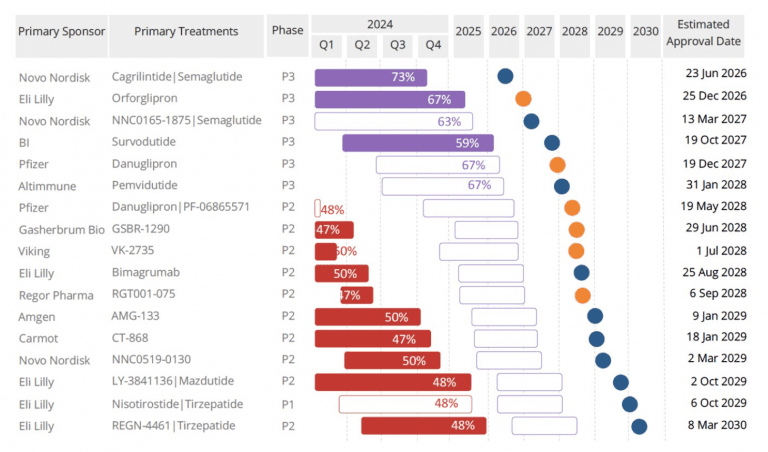



























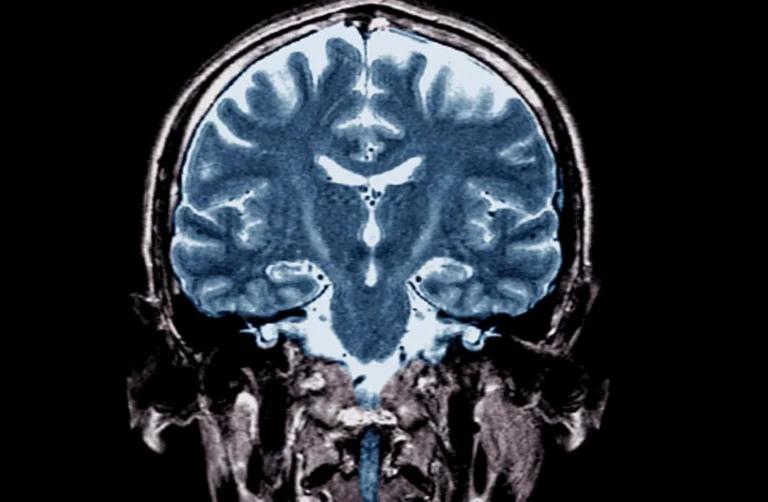
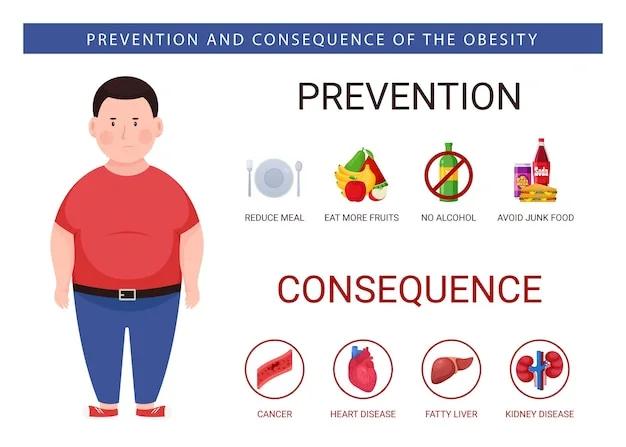

















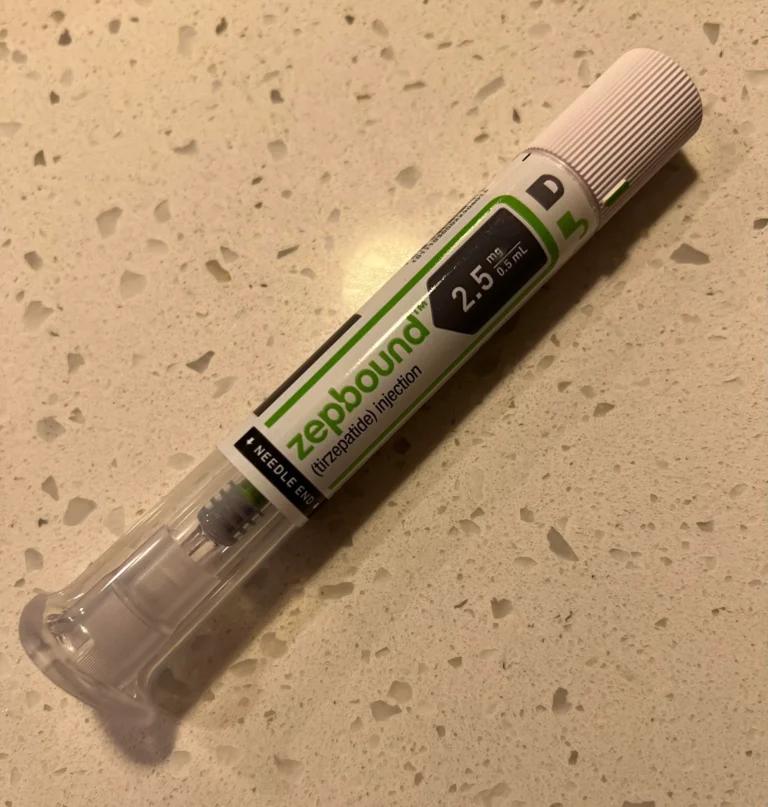






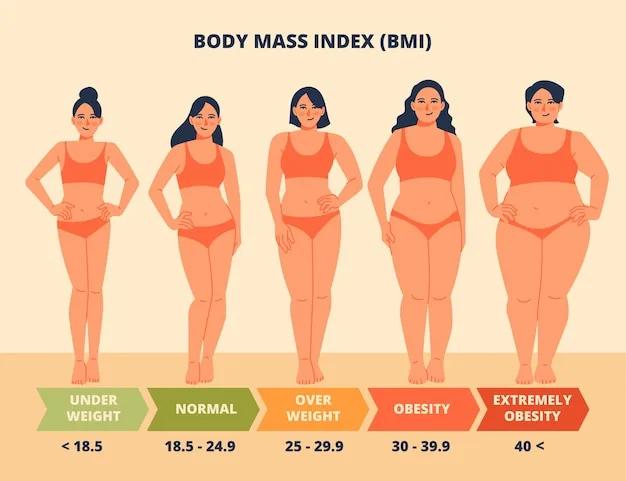













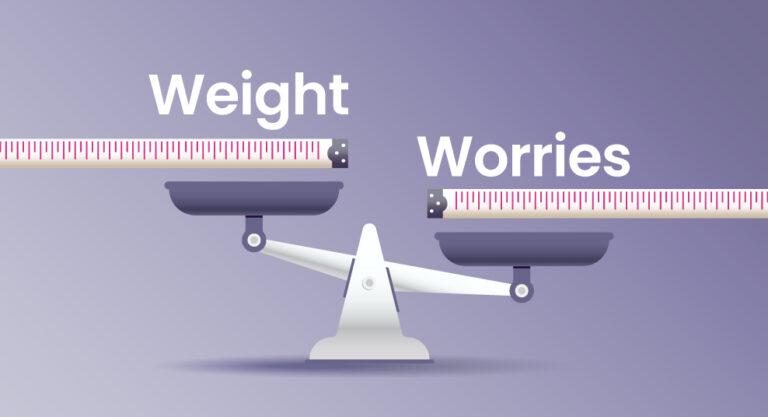

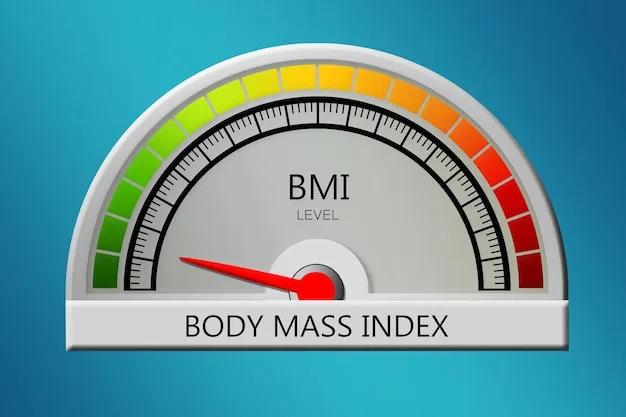



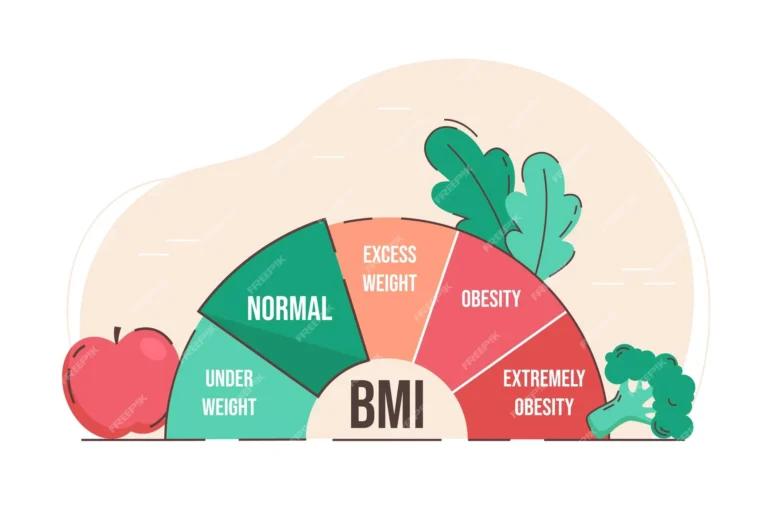

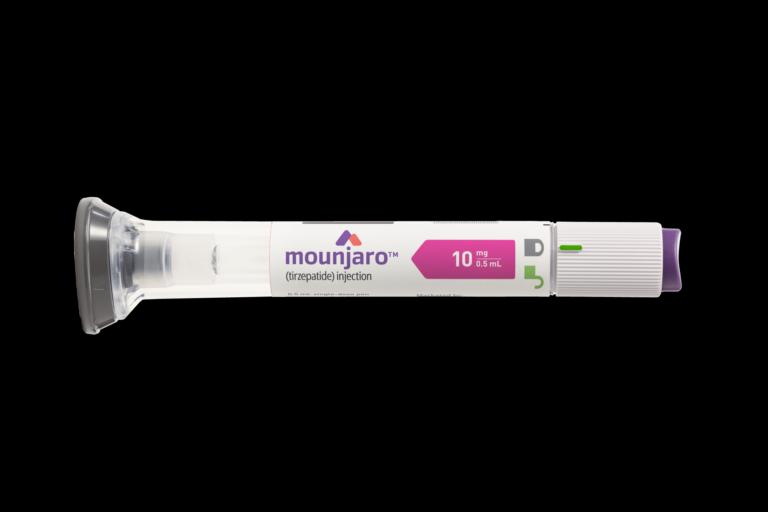










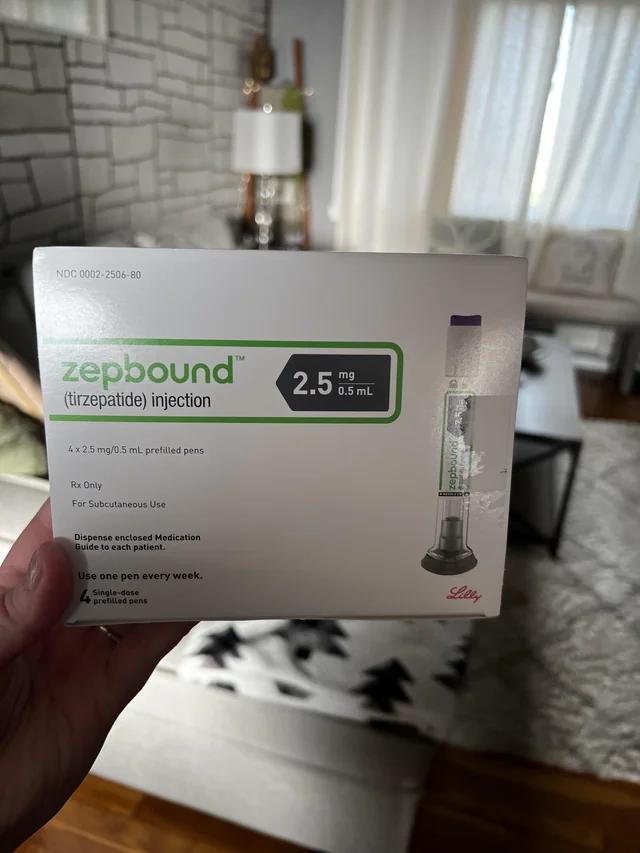

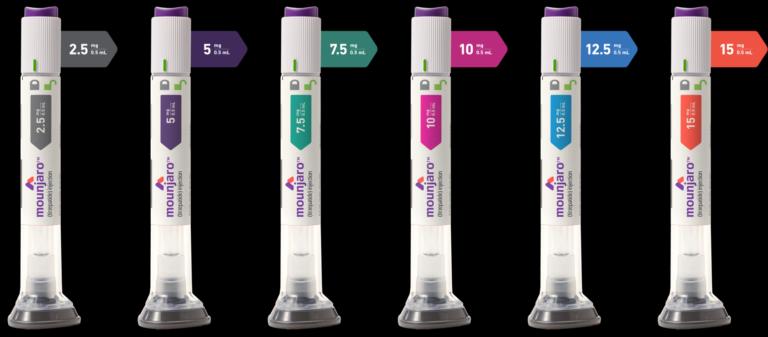
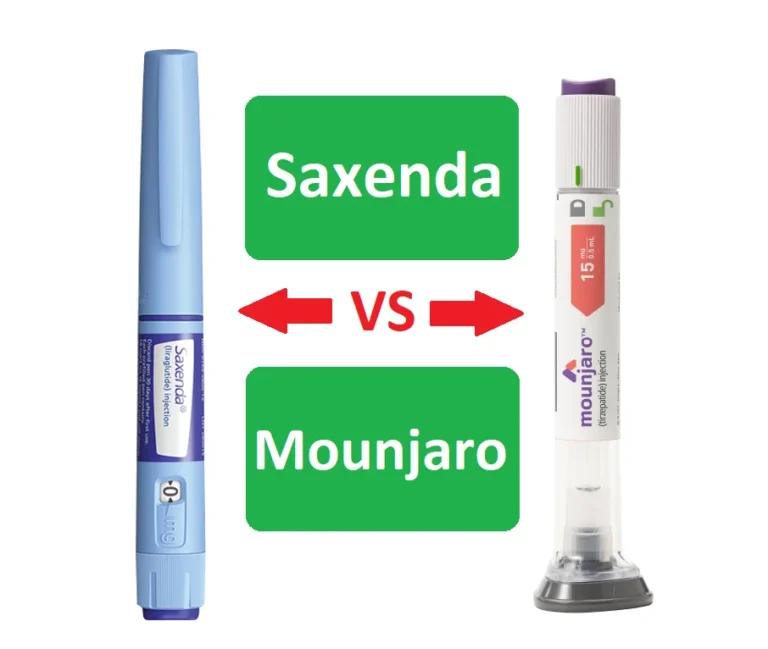








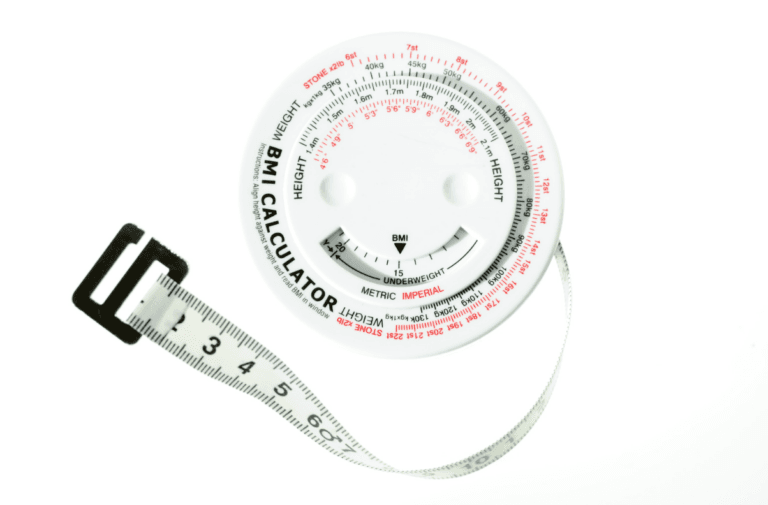
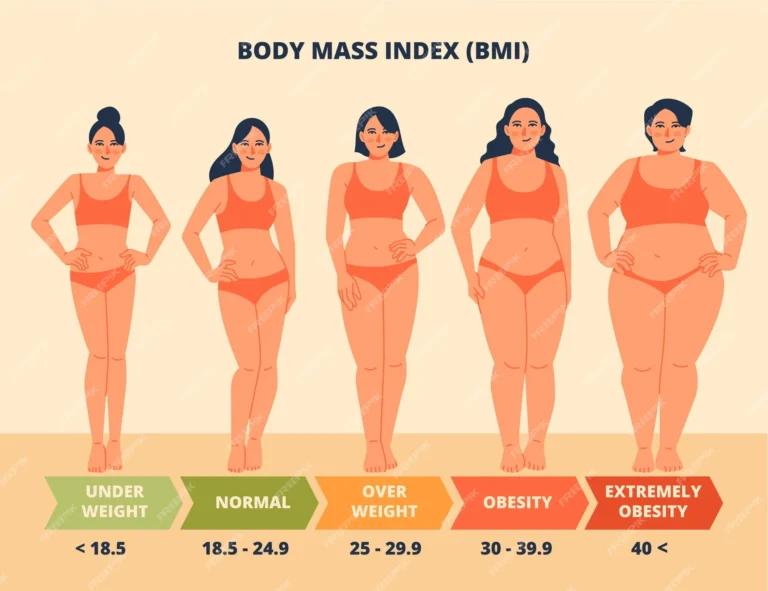










![An injection syringe on a white background. [Injection Semaglutide]](/_next/image?url=https%3A%2F%2Fnpcms.nowpatient.com%2Fwp-content%2Fuploads%2F2023%2F09%2FOral-Semaglutide-Vs.-Injection-Semaglutide-768x512.webp&w=3840&q=75)















